Here are 10 New Travel Trends for 2024:
Marcia Simon is a travel writer, and founder/travel advisor at Friendly Group Travel. Connect via email: [email protected] and please visit friendlygrouptravel.com.
0 Comments
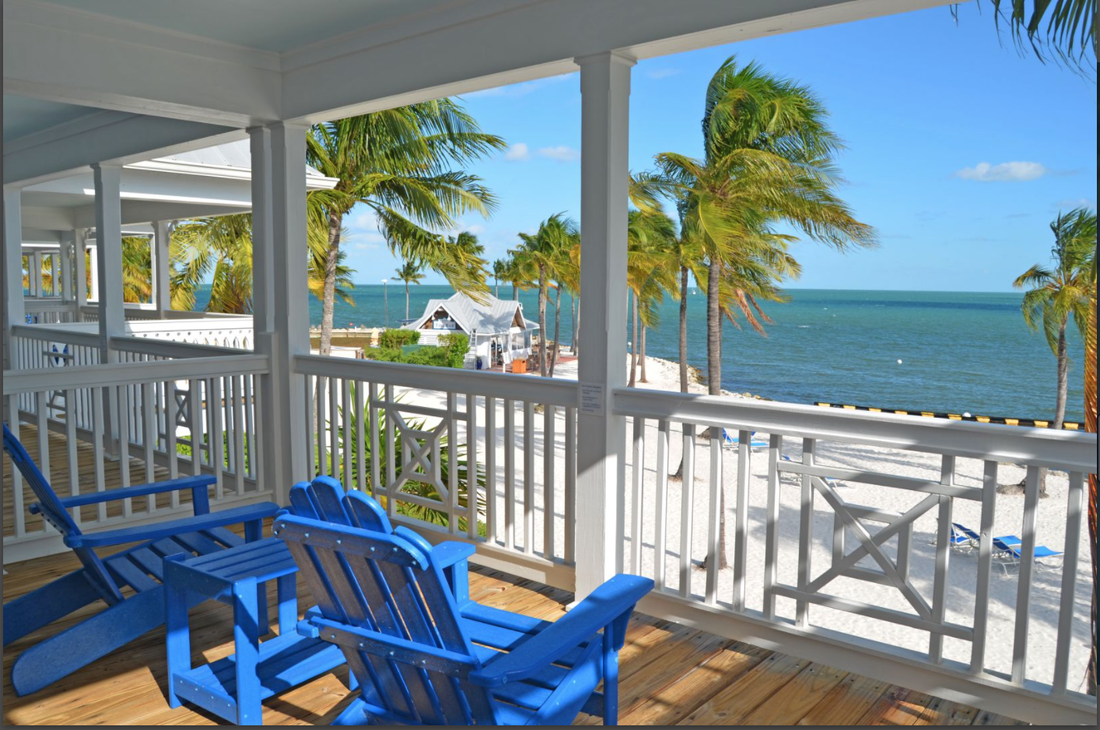 beach house in the Florida Keys beach house in the Florida Keys by Marcia Simon, CTA, APR It's been a weird school year for students and their families. Understatement. With graduations just around the bend, finding the right kind of celebration to honor your favorite student, is particularly challenging amid the lingering pandemic. The upside is that people are getting vaccinated, and travel is becoming safer. With this in mind, here are a few ways to celebrate this year's graduation, which may mean making up for lost time or finding a reason to get the whole multigenerational family together. For lasting impact and memories that will last a lifetime - hands down, the answer is travel – whether you're celebrating a graduation or just need to get the family together. 5 Family Travel Ideas to Celebrate a Graduation 1. Rent a house or villa Not quite ready to step into a full return to post-COVID activities? Villas and house rentals are very popular this year. Some have minimum-length stays; others allow you to stay for a quick weekend, an extended weekend or longer immersion. Suites at hotels that provide deep sanitized cleaning between guests add a layer of safety. Get an exclusive package at Tranquility Bay in the Florida Keys: like a 3-bedroom waterfront beach house with full kitchen, living room, oceanfront patio, laundry facilities, three swimming pools, mini-golf, snorkeling and family activities on premises, close to restaurants, fishing boats, bicycling and more. 2. All-Inclusive resort There's something for everyone of any age. The kids can enjoy a sailing lesson while parents try the stand-up paddle boards, and grandparents relax poolside after a morning yoga class. Gather for meals and excursions at an all-inclusive that matches your family's personality. ClubMed has new locations with larger family accommodations and optional activities all day long. Hotel Xcaret, in Mexico near Tulum, includes zip lining, water parks and the famed Xcaret eco-park. 3. Walking tours Create your own private guided group or choose a self-guided option, complete with maps and local assistance if you need it. Whichever you choose, your breakfast and dinner will be included (with recommended lunch options for self-guided trips.) Luggage is transported every morning to your next destination at an authentic boutique hotel or B&B. What a fantastic way to spend family time together outdoors. Itineraries are available within the US and abroad with Easy, Moderate and Challenging levels. 4. Boat Spend a week with your family on a private catamaran, which sails flatter than a monohull. Choose to have a captain and cook, so you are completely free to do as much or as little as you want. Pull up on beaches to explore villages, cultural sites or local culinary adventures.. Bahamas and Virgin Islands are popular destinations for ideal weather and crystal clear turquoise waters. 5. Road trip Pack the car, fill the cooler and head out. There's no telling if Americans will be able to cross the Canadian border this summer, pending COVID-restrictions. Explore Maine with its coastal communities, islands, or inland lakes and rivers (family rafting!). Or head down the Blue Ridge Parkway to the Smokey Mountains, filled with opportunities for outdoor exploration. If you have more time, Add Nashville for a diverse music and food scene - and a must-do experience at the Grand Ole Opry. This summer is expected to be very busy at the National Parks, so book as early as you can. Maybe this is the summer to get a bike rack and head to the Finger Lakes. Not in shape for the hills? No worries - ebikes are readily available at rental shops. You might also consider a fly-drive experience, or renting a camper. Campers and RVs have gone upscale since COVID scared people away from hotels. As with all travel plans mid- and post-pandemic, it's very important to understand the cancellation policies of any hotels, airlines and travel vendors you choose. An informed travel advisor can help navigate these changing conditions and provide peace of mind should your travel plans need to change. Need help planning your family getaway? Call 860-399-0191 or email [email protected]. Initial consultations are always free. 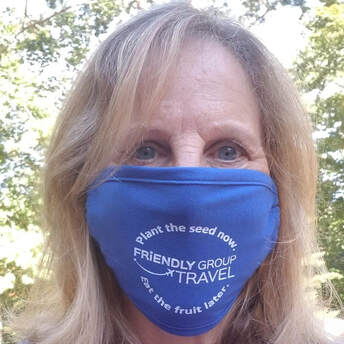 by Marcia Simon, CTA, APR A trip to the supermarket triggers anxiety, but looking at photos of Caribbean beaches and crystal clear blue waters makes me want to hop a plane and wiggle my toes under a pile of warm golden sand. How safe is travel at a time when the COVID-19 pandemic continues to soar? We're all tired of COVID; this is not the time to let down your guard. The question is whether or not it is possible to travel safely. A lot depends on your personal situation, when you want to travel, and how important the trip is. Do you have a compromised immune system due to a medical condition or age? Are you the primary caregiver for a family member? Would you lose needed income if you were unable to work for a month due to illness or quarantine before you could get back to your job? On the other hand, airlines, airports and hotels appear to be taking every precaution to maintain a clean, sterile, safe environment. And not just for travelers; they are equally concerned about the health of their employees. Not all destinations provide the same level of protection. Many hotels have reduced occupancy limits, so expect fewer guests. Along with that, anticipate fewer dining choices at resorts known for numerous culinary experiences. Buffets are gone. Masks are required in all public spaces; guidelines vary at pools and on beaches. And assume that nighttime entertainment will be minimized, too. Don’t expect an early check in. It takes longer to sanitize rooms and deep-clean the areas. Most hotels are not cleaning rooms on a daily basis either, so you'll need to make your own bed and clean up after yourself from check-in to check-out, depending on the length of stay. Ask the hotel before you book what their policy is about room occupancy and cleaning. Destinations outside the US approach entry requirements in different ways. Some mandate proof of a negative COVID test result within 72 hours of arrival. Some require proof of health insurance that covers you while in their country. Rules may change from the time you book your trip and the time you actually travel. Insuring Your Safety Aside from protection against lost luggage, accidents and trip interruptions, "Cancel For Any Reason" insurance is a no-brainer today, whether you're booking a trip for next month or two years from now. But not all policies are the same. Some allow you to cancel up to 24 hours before your trip with 100 percent cash refund. Many resorts now include cancellation insurance at no additional cost, giving you a credit for future travel rather than a clean refund. Some policies exclude medical care due to COVID, so make sure you understand the policy to assure you are actually purchasing what you think you are. Insuring your trip is probably more important now than ever before. So, is it okay to travel? The answer lies in diligence. If you expect to get away so you can escape the coronavirus, forget that thought. It's not possible now. Are you willing to mask up and revise your expectations so you can feel a warm breeze on your back, and close your eyes on a lounger submerged in an infinity pool overlooking the most amazingly blue ocean you've ever seen in your life? Run on the beach? Enjoy a fine wine or ice cold beer with the sound of island music as the sun goes down? Would you be happy eating some meals, delivered by room service, on your oceanfront balcony instead of in a dining room? Hunkering down at home to minimize the risk of leisure travel during a pandemic that can literally kill you makes perfect sense, at least until you've received the two-step vaccine in its entirety. And yet, many people are determined to go and are willing to take the risk if they have already experienced and recovered from COVID-19 and have been shown through testing to carry antibodies, which may offer protection to some degree to themselves if not to others. The waters of COVID are uncharted. Nobody knows anything with certainty. For those who choose to travel by plane during the pandemic, follow these recommendations from Friendly Group Travel in Westbrook, Connecticut to maximize safety: 1. Choose nonstop flights to reduce exposure to people and surfaces at multiple locations. 2. Pay for an assigned seat and choose a window on the left side of the plane, away from the restroom area. Window seats generally expose you to less contact with other passengers. The left side of the plane usually disembarks more quickly than the right. 3. If at all possible, avoid a checked bag and go with carry-on only. Some airlines have tightened requirements for carry-on sizes to reduce the time passengers juggle carry-on luggage in and out of overhead bins. Confirm this beforehand so you can pack accordingly. 4. Use private ground transportation from the airport to your hotel (some hotels include this now at no additional cost) rather than a shared shuttle. 5. Get "Cancel for Any Reason" (CFAR) insurance at the time you book your trip. Your circumstances may change, or you may become less comfortable about travel as the date gets closer. 6. Check your hotel's policies on occupancy limits, how and how often they clean guest rooms, how long they wait to fill a room between guests and whether room service charges are waived if you decide to eat in your room. 7. This is not a time to look for bargain hotels. Prioritize comfort and safety. Many of the larger hotel chains have trusted safety protocols and sanitation standards you can find on their websites.  NOTE - It is perfectly safe to start planning your next trip now. Get ideas, start dreaming, and enjoy your time at home being an armchair traveler preparing your next adventure. Marcia Simon is a Connecticut-based travel writer and a travel advisor. Connect by email [email protected] or connect via Facebook, Twitter or Instagram.  by Marcia Simon, CTA, APR A European river cruise is a bucket list trip for a lot of people and, once hooked, making multiple journeys is quite common. If you’re exploring a river cruise for the first time, there’s a lot of nitty-gritty information that river cruise companies don’t tell you upfront. Working with a travel advisor can save you a lot of time, money and aggravation in the long run. First of all, there is no “one size fits all” best river cruise company. Some are true luxury, which is fabulous for those who can afford it, but are beyond the budget of most people who travel as a lifestyle. Some river cruises cater to older (aka retired) travelers while others direct their activities to active adults and multigenerational families. There’s also at least one river cruise company that designs the ship, cuisine and itineraries for younger (under 40) travelers who want to hang with people in their millennial age range. So, make sure you choose a cruise directed to your personal interests and demographic. 7 Factors to Consider When Exploring a River Cruise Vacation:
The best way to get great deals on river cruises is to take advantage of early bird and last-minute deals, off-season schedules, and bargaining power of travel advisors who work with a consortium that brings high-volume special perks. Travel advisors keep their radar up for what clients want. 7 Great Things About River Cruising:
Marcia Simon, APR, CTA, is a PRSA-accredited public relations practitioner, and an IATA-accredited travel advisor. Connect through facebook.com/friendlygrouptravel, Instagram @friendgrouptravel or [email protected]. 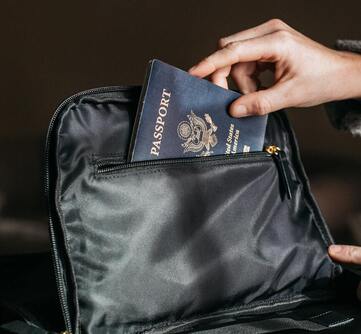 by Marcia Simon, APR, CTA Heading overseas for your next vacation or business trip? If you plan to use your phone – at all – for any reason – these tips and helpful apps will assure that your phone remains a valued and reliable companion when traveling internationally:
Marcia Simon, APR, CTA is a travel advisor and principal at friendlygrouptravel.com and MSE Public Relations. She writes about health, wellness and travel. Connect: [email protected], facebook.com/friendlygrouptravel, @friendsgotravel on Twitter and friendgrouptravel on Instagram. 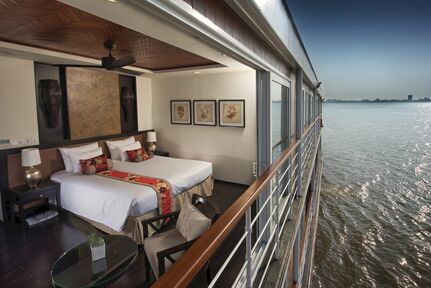 Avalon Waterways’ Siem Reap river cruise Avalon Waterways’ Siem Reap river cruise by Marcia Simon, CTA, APR From barefoot beach festivals in Barbados to road tripping along the California coast, a Northern Lights polar expedition, and camping in the White Mountains of New Hampshire, the message was clear that opportunities await for every budget. The New York Times Travel Show, held every January, packs adventure seekers and armchair travelers into the Javits Center for two days designed to lure them into the world of wanderlust. The preceding day is reserved for travel advisors (formerly called agents) anxious to up their games by connecting with thought leaders about the state of the travel industry – what happened in 2018 and what’s new for 2019. Above photo: Avalon Waterways’ Siem Reap river cruise takes you along the Mekong River through Vietnam and Cambodia, offering an unforgettable blend of fascinating cultures, ancient architectural wonders and beautiful landscapes. Photo credit: Avalon Waterways Top Destinations Although people increasingly search online for Bora Bora and exotic islands, they are more apt to go to Hawaii and Key West, which remain two top American vacation destinations. New Orleans is also popular because of its authenticity in regional cuisine and music – both big factors for fun seekers. Internationally, travelers are discovering Vietnam, Cambodia and Portugal, with river cruises on Portugal’s Douro River “selling like hotcakes,” according to Kristin Karst, executive vice president/co-owner of AmaWaterways. The Danube River cruise through Romania includes an intriguing visit to Dracula’s Castle. London, Barcelona, Ireland, Iceland and Italy are still popular, but expect competition from big cruise ships sailing from New York to Cuba in 2019, and more cruises leaving from the west coast. Travel Trends To Watch for 2019:
Where are we going? According to Cohen, the typical traveler spends 3.2 hours each day on the Internet for personal use. 44 percent of this time is spent on social media. About 20 percent of people pick a destination based on social media content (31 percent for millennials.) Knowing this, brands are using digital platforms and apps to allow people to personalize their trips – 90 percent of travelers use a mobile device at their destination for maps and navigation, 87 percent to find places to eat. Consumers expect free Wi-Fi and usually get it. In return, suppliers get your data so they can learn your preferences and aim their marketing efforts directly at you. As climate change and overtouristing may potentially “ruin” some travel experiences people have dreamed of, there’s a consumer-driven sense of urgency to “do it now” before it’s too late. Coral reefs are dying; rising waters erode beaches; droughts affect water levels in rivers. The industry believes it’s going to get worse before it gets better.
Without a doubt, it’s still a beautiful world. Travel gives people a chance to escape the craziness of life. Travel has the power to put you in a healthy place. About 36 percent of surveyed travelers said they would want to take a trip alone to get away and explore something new. For the majority though, the industry consensus is that the #1 reason most people travel is to spend time with people they love. --- Marcia Simon, APR, CTA, an IATA-accredited travel advisor and PRSA-accredited public relations practitioner, is principal/owner of friendlygrouptravel.com and MSE Public Relations. Connect through Facebook @friendlygrouptravel, Twitter @friendsgotravel, Instagram @friendgrouptravel or email [email protected]. |
AuthorMarcia Simon, CTA, APR, has been exploring new places since she was 17 years old and traveled around Europe on a Eurailpass with her best friend. Decades later, she still considers travel the best investment of time and money she's ever made for herself and her family. Categories
All
|
|
SIGN UP NOW FOR OUR NEWSLETTER WITH TRAVEL TIPS, IDEAS AND SPECIAL OFFERS
|


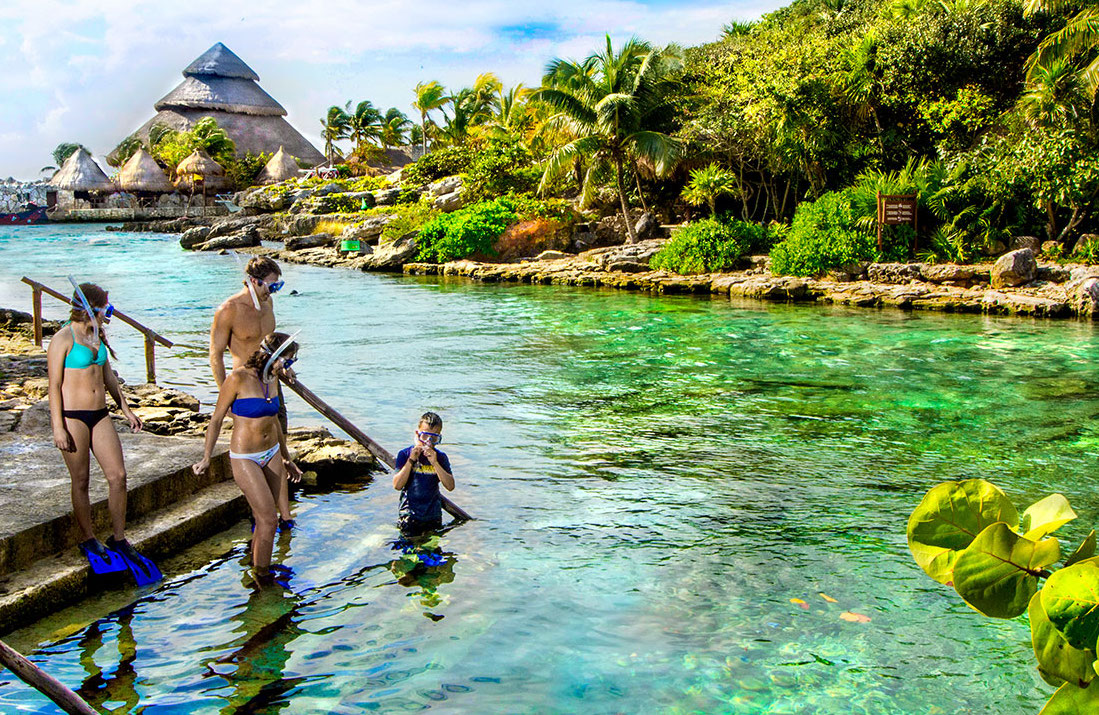
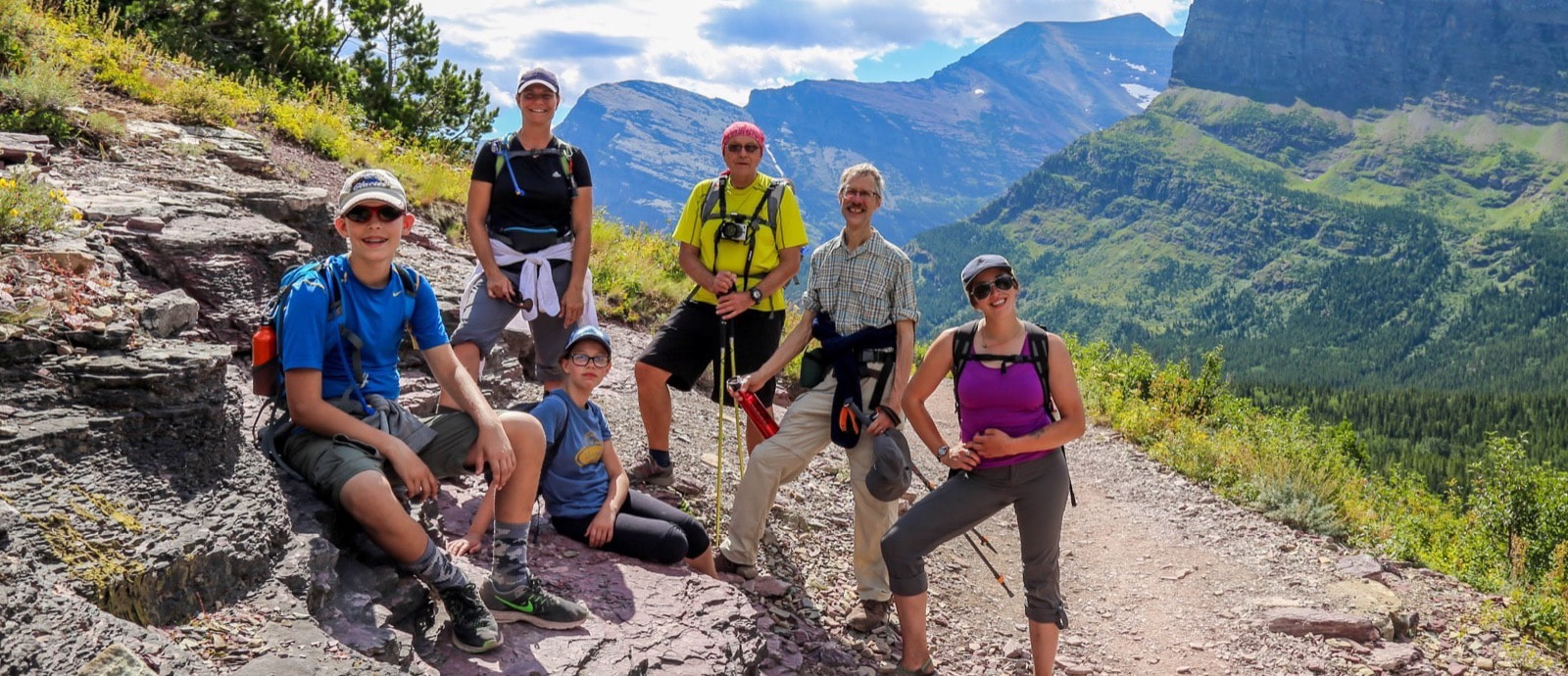
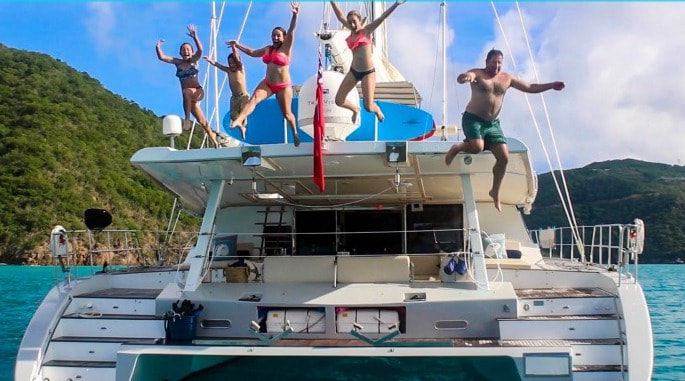



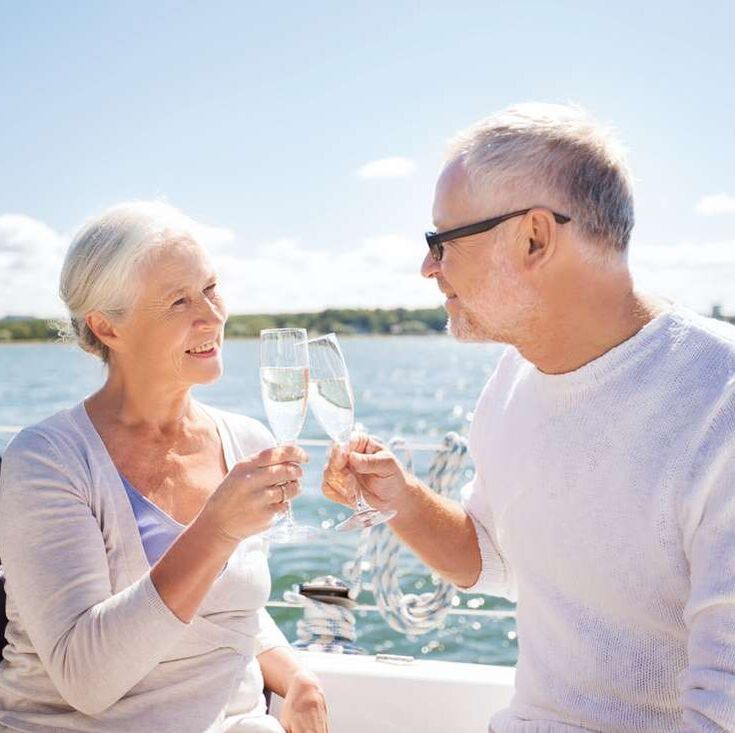
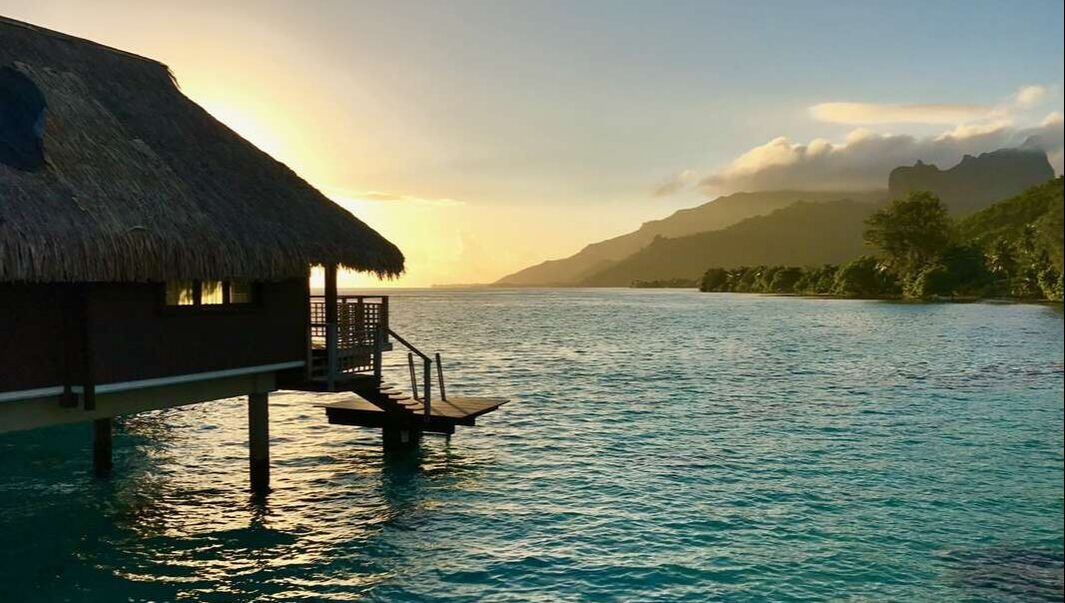
 RSS Feed
RSS Feed





